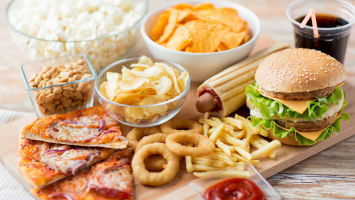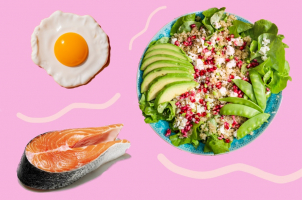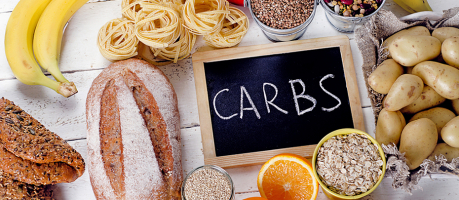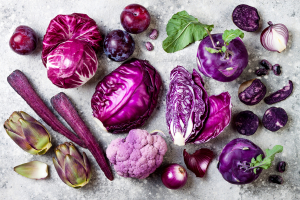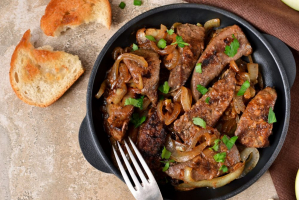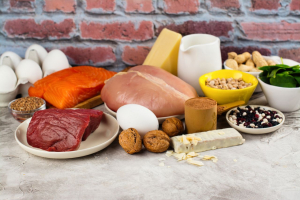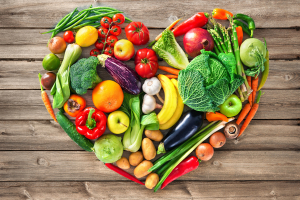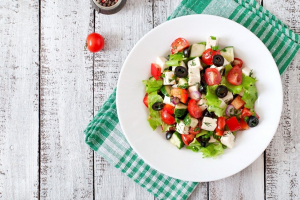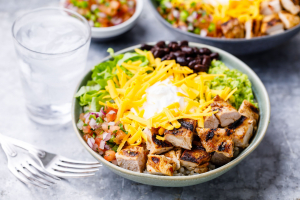Top 7 Human Foods That Can Be Fatal to Dogs
Certain human-safe meals can be hazardous to dogs. Because dogs have a different metabolism than humans, giving human foods to dogs can be hazardous to their ... read more...health and, in some circumstances, deadly. This article discusses the human foods that have been shown to be hazardous to dogs. If you have a dog, keep these foods out of their reach.
-
Avocados contain a toxin called persin, which is entirely acceptable for humans but extremely toxic to dogs. Because it is present in avocado fruit, pits, leaves, and bark, you should avoid giving your dog any part of the plant.
If a dog consumes them, fluid may build up in the dog's lungs and chest. This can make breathing difficult, resulting in oxygen deprivation and possibly death. Fluid can also build up in the heart, pancreas, and belly, leading to additional deadly consequences. A dog may also ingest an avocado pit, which can cause choking or an obstruction in the digestive tract.
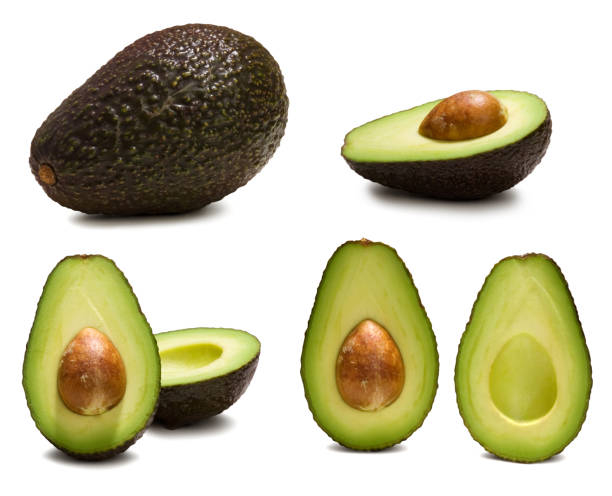
Avocados 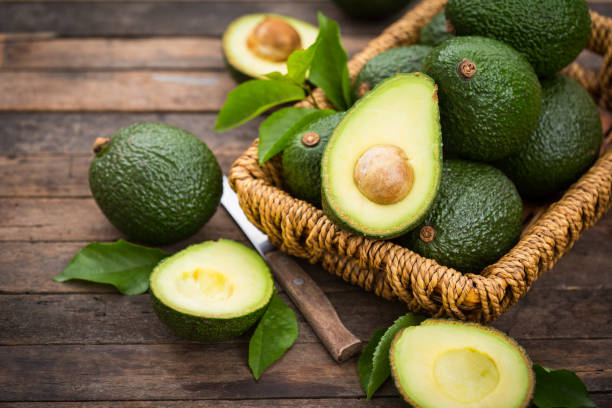
Avocados -
Eating foods that contain xylitol can cause a dog’s blood sugar to drop drastically. This can cause health problems, liver failure, and death. Xylitol is a sugar alcohol that is commonly used to sweeten candies, gum, toothpaste, and baked products. While it is considered safe for human eating, it can be fatal to dogs.
Eating xylitol-containing foods can cause a considerable reduction in a dog's blood sugar. Initial symptoms, such as vomiting, weakness, sadness, trouble moving, unconsciousness, and seizures, may appear within 30 minutes after ingestion. Xylitol can eventually cause liver damage and death in your pets.
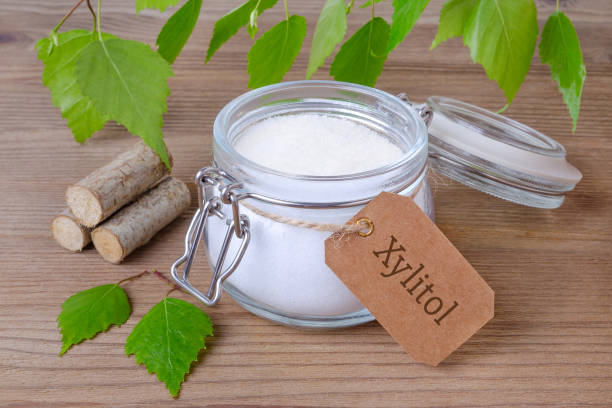
Xylitol 
Xylitol -
Caffeine is naturally present in coffee, tea, chocolate, and the South American plant guarana. It is also often found in soft drinks and pharmaceuticals. This drink has been shown to increase heart rate and activate the neurological system in dogs. Dogs may develop restlessness, increased thirst, loss of bladder control, vomiting, and diarrhea within 2-4 hours after taking caffeine.
Caffeine overdose in dogs can result in irregular cardiac rhythms or lung failure, which can lead to death. It is rapidly absorbed by a dog's system, resulting in moderate effects at 9 mg per pound (20 mg per kg) of the dog's weight and convulsions at 27 mg per pound (60 mg per kg) and higher. One standard cup of brewed coffee has roughly 95 milligrams of caffeine. Several incidents of mortality in dogs have been documented as a result of caffeine overdose.

Coffee, tea, and other caffeine 
Coffee, tea, and other caffeine -
Grapes and raisins are highly poisonous to dogs. They can induce acute renal failure, which can be deadly. Grapes' harmful components are unknown, but even little amounts can make your dog sick. Toxic levels differ amongst dogs, but one study of 169 cases discovered that some canines died after eating just a handful of raisins.
As a result, any amount consumed should be treated extremely carefully. It is vital to remember that grapes and raisins can cause poisoning if consumed raw or as components in baked products such as cookies, cakes, and snack bars. Keep an eye out for symptoms such as vomiting, diarrhea, exhaustion, and depression. These may be followed by indications of renal failures, such as increased thirst and decreased urine output.
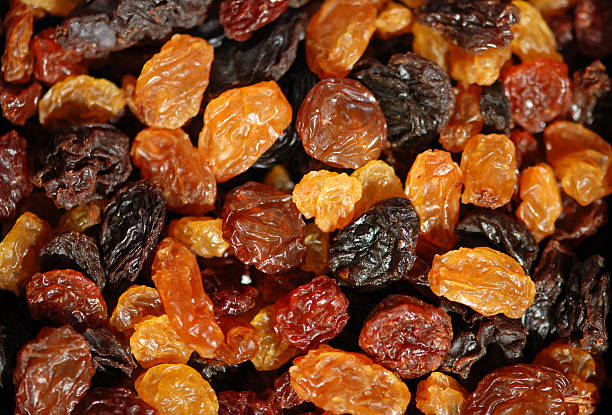
Grapes and raisins 
Grapes and raisins -
Alcohol may be found in a wide range of items, including alcoholic drinks, fragrances, mouthwash, paint, varnish, and a number of cleaning solutions. While humans can take alcohol in moderation, dogs cannot, even in little doses. Tiredness, sadness, loss of muscular coordination, low body temperature, poor breathing, vomiting, and diarrhea are common symptoms that appear within an hour of intake. Too much alcohol in a dog can cause respiratory failure, convulsions, coma, and even death.
Alcohol poisoning in dogs mainly occurs as a result of the inadvertent intake of alcoholic drinks. However, a dog died of alcohol poisoning after eating a significant amount of rotting apples in one example. It's also a risk if a dog consumes uncooked yeast dough. As the yeast cells ferment, they generate alcohol, which raises a dog's blood alcohol level and can eventually lead to alcohol poisoning and death. Furthermore, the dough will expand in a dog's stomach, causing significant bloating. This exerts pressure on the surrounding organs and might make breathing difficult for the dog. It is critical that you never give your dog uncooked yeast dough or alcohol.
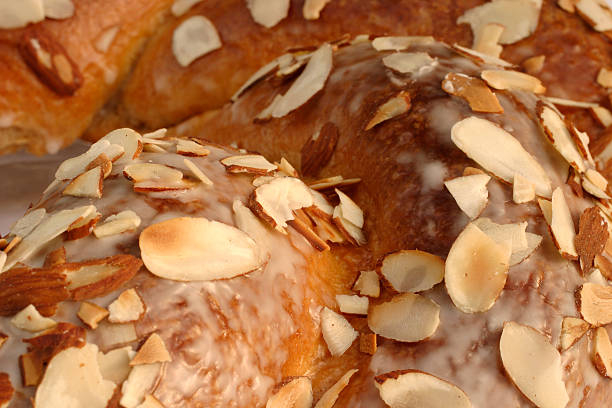
Alcohol and yeast dough 
Alcohol and yeast dough -
Chocolate includes the stimulants theobromine and caffeine, both of which are extremely difficult for dogs to digest. Chocolate can induce stomach discomfort, vomiting, diarrhea, and dehydration in dogs. These symptoms can potentially lead to more serious issues such as heart attacks, internal bleeding, muscular tremors, seizures, and death. The severity of the negative effects is determined by the size of the dog as well as the amount and type of chocolate ingested. The more harmful chocolate is to your dog, the darker and less sweet it is. Among the most harmful types are unsweetened baker's chocolate and cocoa powder.
Dogs may exhibit symptoms after consuming as little as 18 mg per pound (40 mg per kg) of body weight, according to the ASPCA Animal Poison Control Center. In other words, 0.03 ounces (720 mg) of chocolate is sufficient to trigger toxic symptoms in a 44-pound (20-kg) dog. Chocolate poisoning is particularly common in dogs during holidays such as Valentine's Day, Easter, Halloween, and Christmas, possibly because these are periods when people frequently have chocolate on hand. Whatever the occasion, it is critical to keep chocolate out of reach.
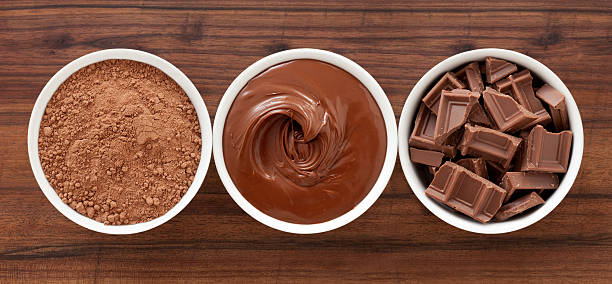
Chocolate 
Chocolate -
Excessive salt consumption in dogs can result in salt toxicity or water deprivation. Neurological abnormalities, cerebral edema, vomiting, diarrhea, depression, tremors, fever, and seizures might result. In severe circumstances, it can be lethal.
A dosage of 2-3 grams per kg of body weight can be hazardous to dogs, and 4 grams per kg can be lethal, according to the American College of Veterinary Pharmacists. As a result, giving your dog salty foods like pretzels, popcorn, or chips is not a smart idea. It is also critical to provide your dog with fresh drinking water at all times.
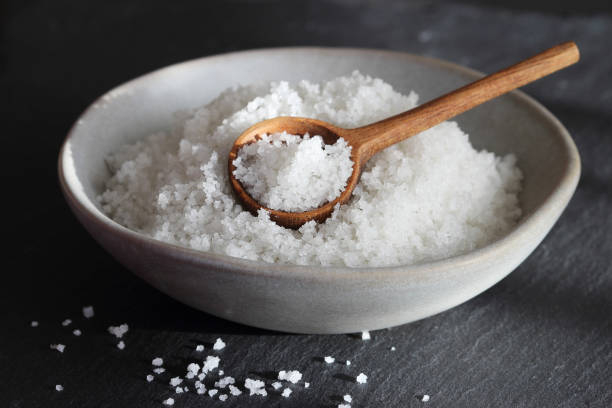
Salt 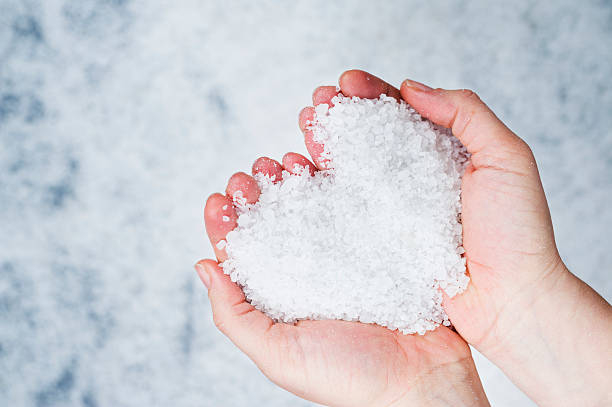
Salt










